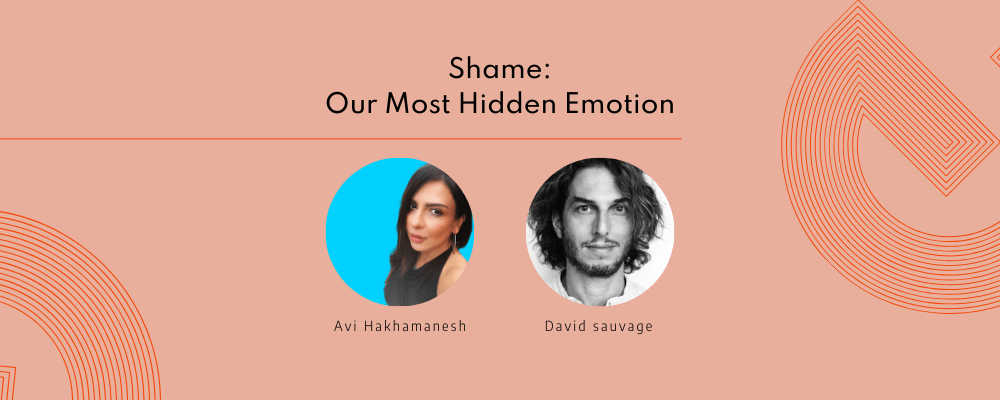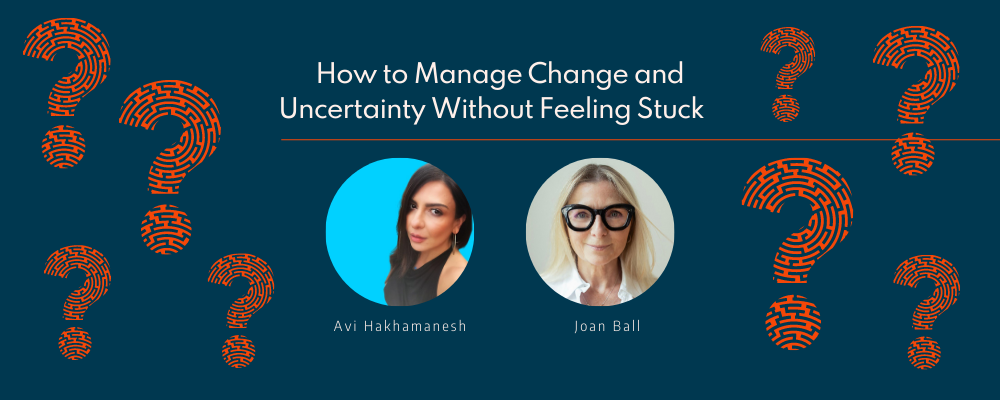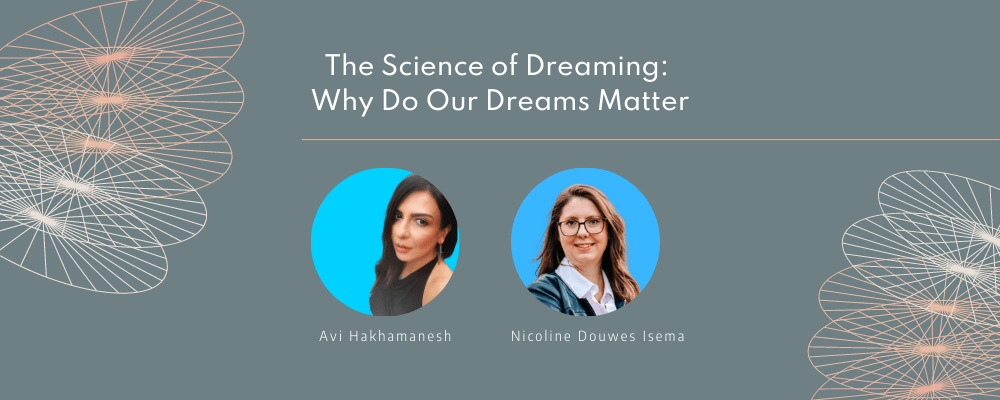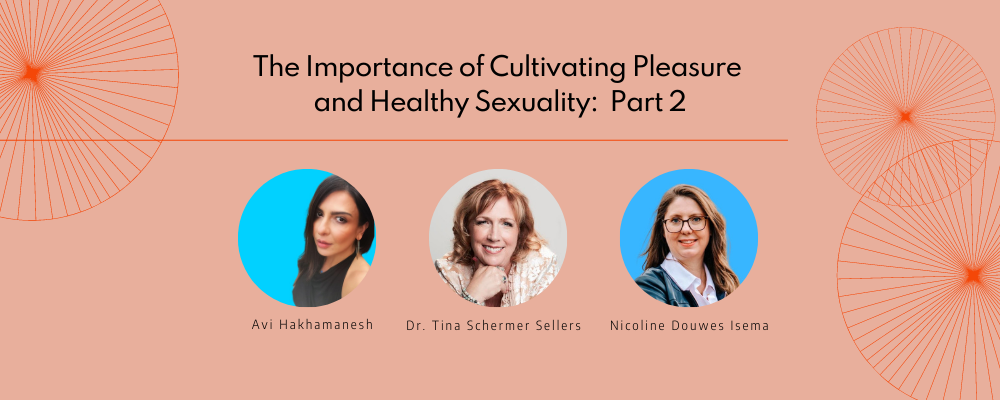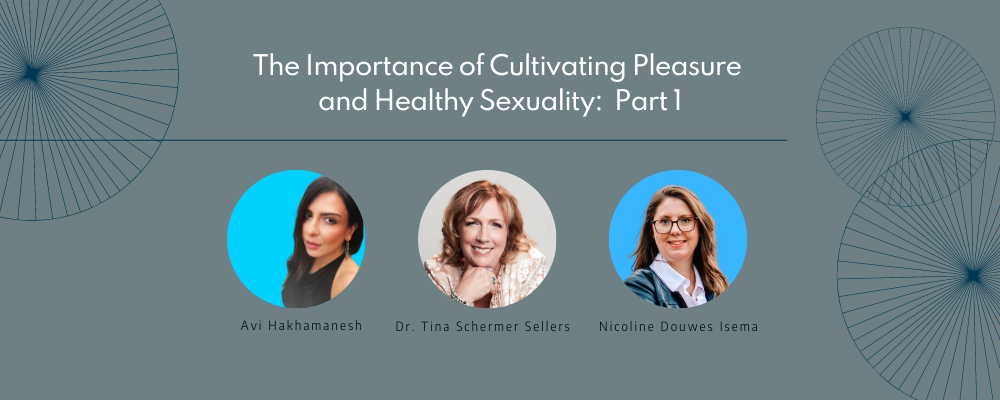Shame: Our Most Hidden Emotion
Recent Conversations
What is shame? What makes this emotion so unpleasant and challenging to deal with? What is its root cause? Why is shame our most hidden emotion? And how can we deal with this very challenging emotion?
For this conversation, I’m joined by my longtime friend, David Sauvage. David teaches emotional intelligence and empathy. He’s also an empath who can feel the feelings of others, and help us all understand our emotions, and ourselves in a much deeper way.
We will explore the answers to the above questions about this complex and challenging emotion.
SAVVY Takes
What Makes Shame Such a Challenging Emotion?
Shame is one of the most unpleasant and challenging emotions because makes us feel that we are bad, in our core. That there is something fundamentally wrong with us.
In contrast, when we feel guilty, we believe that we’ve done something bad or wrong. We tend to want to express it, or do something about it so we can alleviate the guilt we feel.
When we feel shame, we believe that if others knew of whatever we feel shame about, they wouldn’t accept us, or even reject or shun us. It is a deeply painful emotion because it also makes us feel that we deserve that treatment.
So when we feel shame, we often want to run and hide. To disappear.
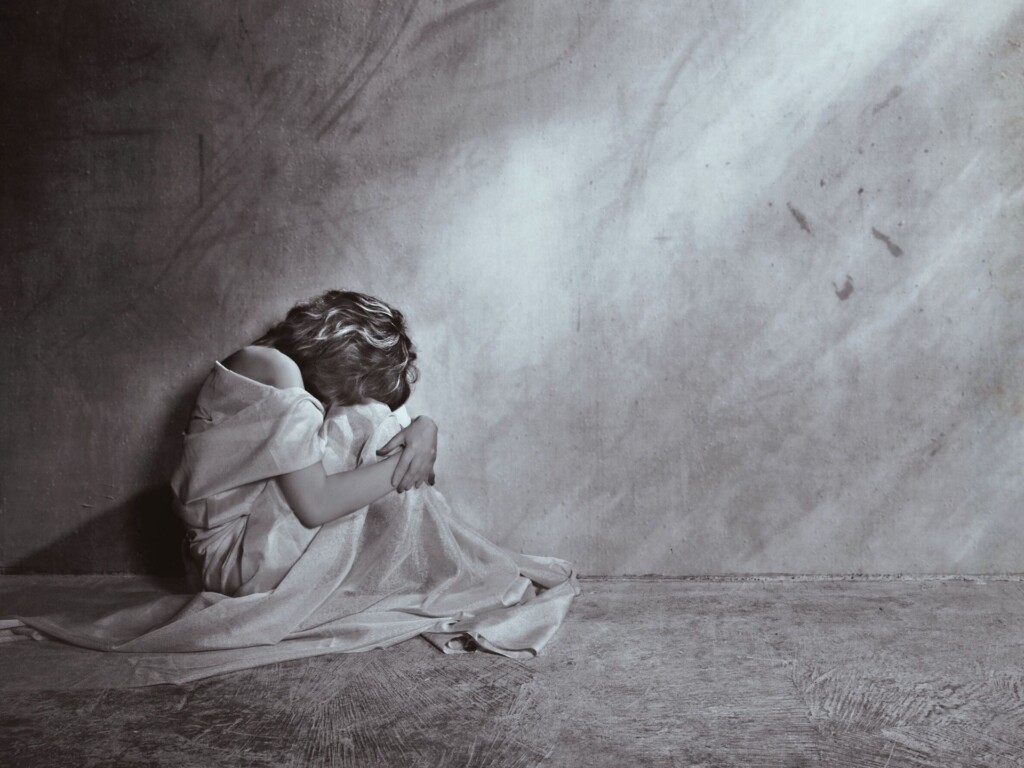
The existence of shame often causes yet another layer of shame. We tend to be ashamed of our shame. And this is also part of the reason shame feels so isolating. These are the reasons this emotion is so insular and often isolating.
Because of this, there is a tendency in us to demonize shame.
The True Purpose of Shame
Although demonized, shame is a completely normal emotion. It is even healthy and adaptive under certain circumstances. Shame actually serves a meaningful purpose in our lives.
It protects us from rejection and exile in our families and communities. Shame arises naturally in spaces where love and care is conditional. So, its purpose on the individual level is to guide us to spaces and places where we can be truly loved and accepted.
The purpose of shame on a collective level is two-fold:
- It keeps feelings, attitudes, and behaviors that do not serve the community in check.
- It shows the community where more love and healing is needed.
The existence of shame often causes yet another layer of shame. We tend to be ashamed of our shame. And this is also part of the reason shame feels so isolating.
Shame and Sexuality
There is so much shame around sexuality. Dr. Tina Schermer Sellers, a leading voice about the impact of shame on sexuality, shed more light on this in a two part conversation I hosted with her.
She explains that the predominant root of shame for most of us is rooted in our upbringing by parents who had an unhealthy relationship with their own sexuality (because they were raised the same way.) And the association between sex and shame continues to get passed down to us from generation to generation.
Most of us grow up thinking that there is something wrong with, or unclean about, our sexual desires. This association happens at a very early age, when we are babies.
When we begin to explore our bodies, and touch our genitals, we are met with a sense of deep disapproval from our parents. So we learn to feel and associate shame with this act, when in reality, we are just embodying the natural experience and flow of our bodies.
Healing Shame
In order to heal from shame we need to:
- Acknowledge our shame to ourselves and get more comfortable sitting with this emotion.
- Share what we have shame about with people and communities who feel safe, and won’t judge us. In this way, we can make friends with this unpleasant emotion.
There is great space and opportunity for collective healing. If we can get together with people who we relate to, and who are also trying to work through their own shame, we can not only process, but also let go of our shame together.

